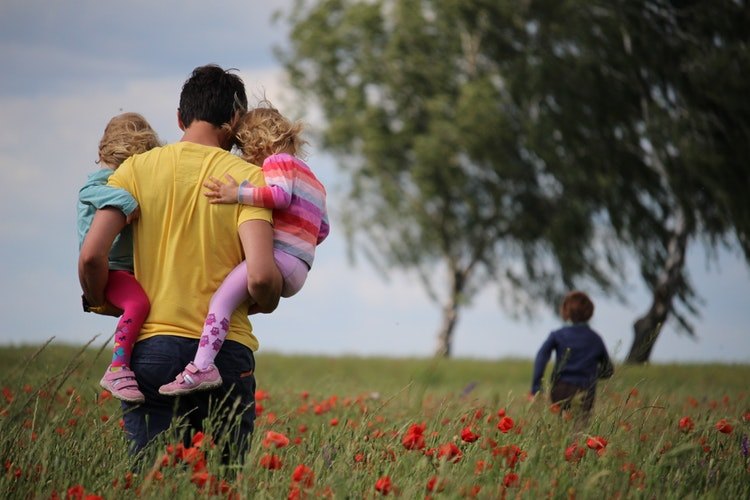Spirituality and Religion can Help Mothers and Fathers Cope with Grief
Less than one week ago, scientists at Yale University identified an actual ‘home’ for the spiritual experience. The sense of belonging to something larger than oneself is found at the parietal cortex (the part of the brain involved in self-awareness, attention processing, and the awareness of others), as indicated through fMRI scans. This groundbreaking study is just one of many carried out into spirituality, which has been found to help boost mental health. One area in which it holds great promise, lies in helping parents survive arguably the biggest loss of all: the death of a child and the sadness and anxiety it provokes.
The Death of a Child Causes a Profound Crisis
Across various tests of stressful life events, the death of a child rates is one of the biggest causes of grief. A study carried out at Florida Atlantic University found that spirituality and religion can help mothers and fathers – but in different ways. In the study, researchers measures various aspects of grief, including sadness, a sense of hopelessness, depression, and Posttraumatic Stress Disorder (PTSD). The results showed that spiritual activities at one month after a child’s death reduced the most severe symptoms of grief at one and three months after the commencement of these activities. Fathers, meanwhile, found more solace in religious activities than mothers. The scientists concluded that “use of both religious and spiritual activities may help fathers move through their grieving process faster, allowing them to return to their previous routines such as getting back to work earlier than bereaved mothers.”
Mothers Benefit More from Spiritual Activities
It is interesting to note that mothers found greater solace in spirituality than in religion. The former is much wider than the latter; it comprises any belief or experience that enables one to feel more connected to a greater power or to the rest of humanity. Thus, any modern activity that makes one feel more spiritual can help quell sadness and isolation. These may range from millenary Eastern practices such as yoga or meditation, right through to taking part in sport as part of a group, going for nature walks or ‘forest baths’, or even seeking to hone one’s self-awareness through so-called ‘esoteric arts’ such as tarot or psychic readings.
Conversation vs Isolation
Research also shows that mothers benefit more than fathers from conversing with others about their feelings. Men prefer to isolate themselves for a while from family and friends. Both religion and spirituality can come into play at different points into grief for both. There are many reasons why this is the case. On the one hand, believing in an afterlife can help one cope with the vicissitudes of this one. Moreover, when we share our religious beliefs with others, we can feel more accompanied and supported when we most need it.
Religion and spirituality can help us find deeper meaning from loss, something which can help us move forward and embrace the positive people and experiences that remain in our lives. One of the most interesting aspects of modern spirituality is that we have such a wide scope of activities and interests to choose from. Therefore, whether fitness with fervor, meditation by a natural landscape, or traditional church attendance enables us to feel the presence of God or a vital energy, we can feel free to go with what mind, body and soul tell us is the ideal path to tread.


